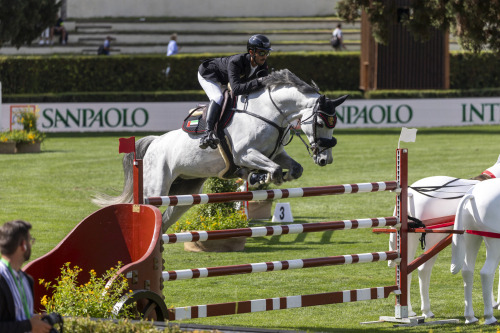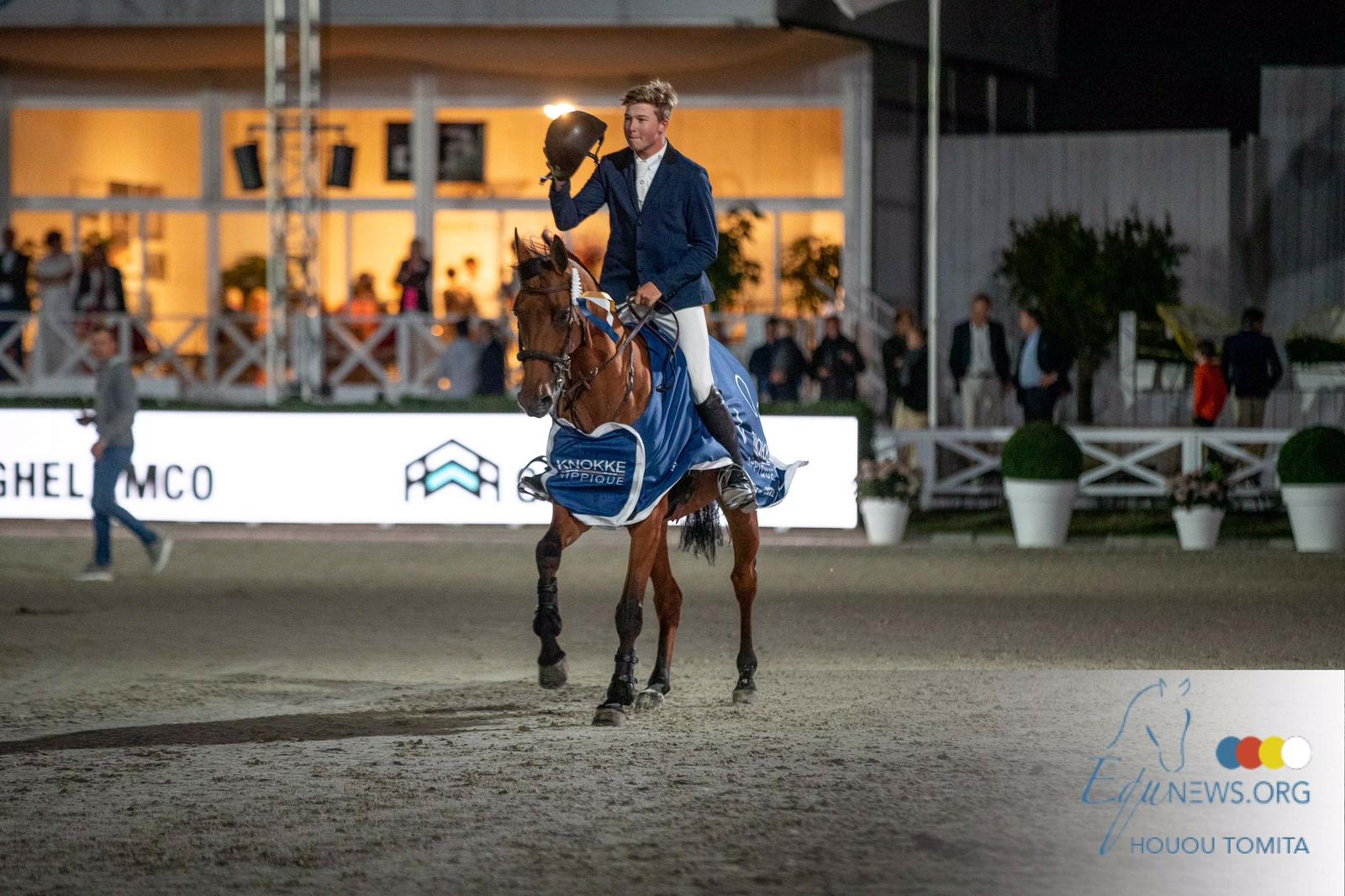It’s not over till the fat lady sings. The jumping riders are not going to take the controversial Olympic format changes lying down, whatever the vote of the FEI General Assembly last month.
At the end of a sometimes heated couple of hours at Geneva show on Friday morning, the FEI offered to meet a jumpers’ delegation in the New Year to discuss how riders can be more directly engaged in rule change.
Word is now spreading that it may not yet be too late to undo at least some decisions of the “suits” that so many feel will kill top sport. FEI president Ingmar de Vos had a long-standing engagement in Hong Kong. But FEI secretary-general Sabrina Ibanez accepted an invitation to the International Jumping Riders’ Club annual assembly on December 9 – one rider commended her for entering the “war zone.”
Aside from a battering about the unintended consequences of the changed jumping format for the Olympics, Ibanez was confronted about the lack of rider consultation. Even when riders had given their opinion to their national federation – ie the Canadians and Irish – their NFs had gone on to vote for teams of three, despite them.
The IJRC had clearly thought through some very workable alternatives. The quality of debate was high – what a pity that rider brainpower is rarely available for sports governance till they have hung up their boots.
The jumpers were still shocked by the recent discovery, gleaned only from media reports, that for WEG the Table C round and “final four” horse-swap had been dropped. Meredith Michaels-Beerbaum asked for a show of hands from anyone who knew before this week. Not surprisingly, the only two raised belonged to journalists. Riders queried whether Olympic format change was a definite IOC directive. If the IOC has ever put it in print, no-one outside the FEI admits to seeing it.
Ibanez explained that after the success of equestrian at London 2012, the FEI was horrified to learn the IOC was nonetheless downgrading us. The proposed changes were mathematical. Equestrian is allocated only 200 athlete slots compared with, say, swimming’s 1,500. The three-rider/no drop score format is the only way to admit more flags within that constraint: period. It will also depend on the IOC’s willingness to admit a reserve horse, by no means a certainty.
However, Steve Guerdat emphasised that the formula proposed by IJRC provided just as many new flags while retaining teams of four. IJRC presented it to the FEI many months ago. Guerdat was disappointed that De Vos had dismissed it as an ill-judged, 11th hour piece of lobbying in his published letter to IJRC president Christina Liebherr, just before the General Assembly vote. De Vos had unfairly made the riders “look like clowns,” said Guerdat; he wasn’t willing to tolerate such “disrespect” any longer.
On the subject of “dumbing down,” there were howls of derision when Ibanez said Certificates of Capability would ensure only competent riders would participate in the new-look Olympics. Lamaze insisted jumping was inherently dangerous, yet people not up to it would now have a go having been presented with the prospect of going to the Olympics, without realising the many steps between starting out and elite sport.
Riders queried whether Olympic format change was a definite IOC directive. If the IOC has ever put it in print, no-one outside the FEI admits to seeing it.
Ibanez explained that after the success of equestrian at London 2012, the FEI was horrified to learn the IOC was nonetheless downgrading us. The proposed changes were mathematical. Equestrian is allocated only 200 athlete slots compared with, say, swimming’s 1,500. The three-rider/no drop score format is the only way to admit more flags within that constraint: period. It will also depend on the IOC’s willingness to admit a reserve horse, by no means a certainty.
However, Steve Guerdat emphasised that the formula proposed by IJRC provided just as many new flags while retaining teams of four. IJRC presented it to the FEI many months ago. Guerdat was disappointed that De Vos had dismissed it as an ill-judged, 11th hour piece of lobbying in his published letter to IJRC president Christina Liebherr, just before the General Assembly vote. De Vos had unfairly made the riders “look like clowns,” said Guerdat; he wasn’t willing to tolerate such “disrespect” any longer.
On the subject of “dumbing down,” there were howls of derision when Ibanez said Certificates of Capability would ensure only competent riders would participate in the new-look Olympics. Lamaze insisted jumping was inherently dangerous, yet people not up to it would now have a go having been presented with the prospect of going to the Olympics, without realising the many steps between starting out and elite sport.
The Olympic Format Change, it isn't over yet
-
categories: Olympics



